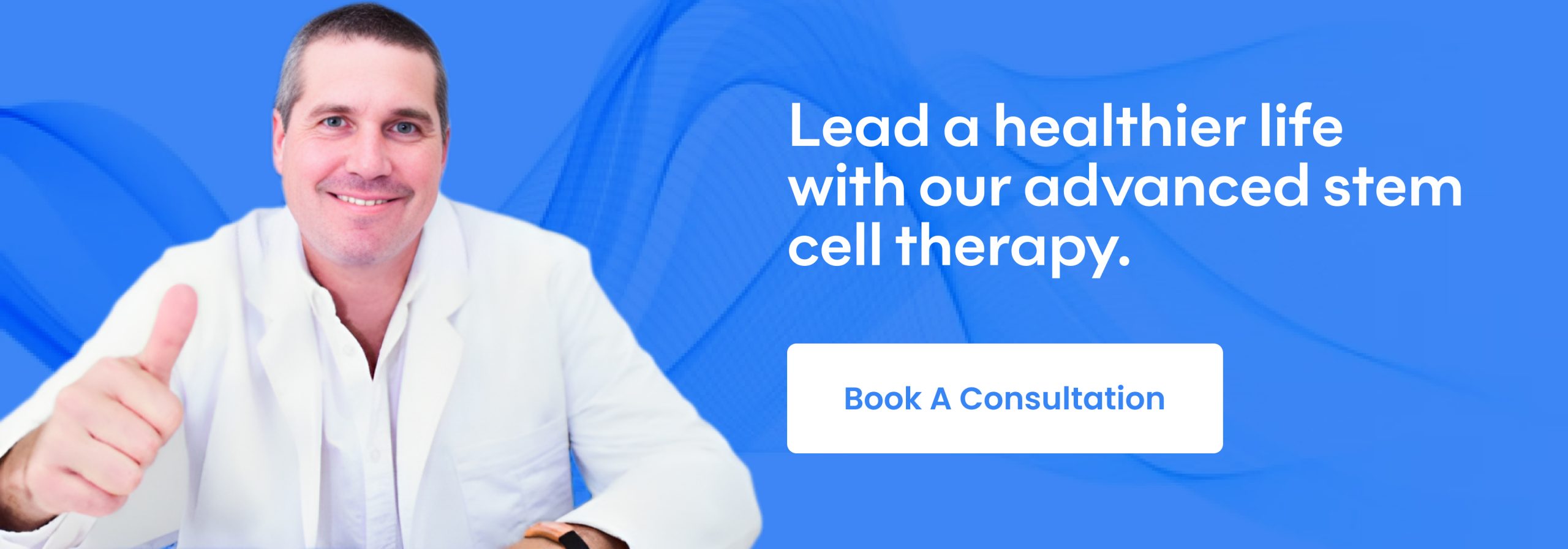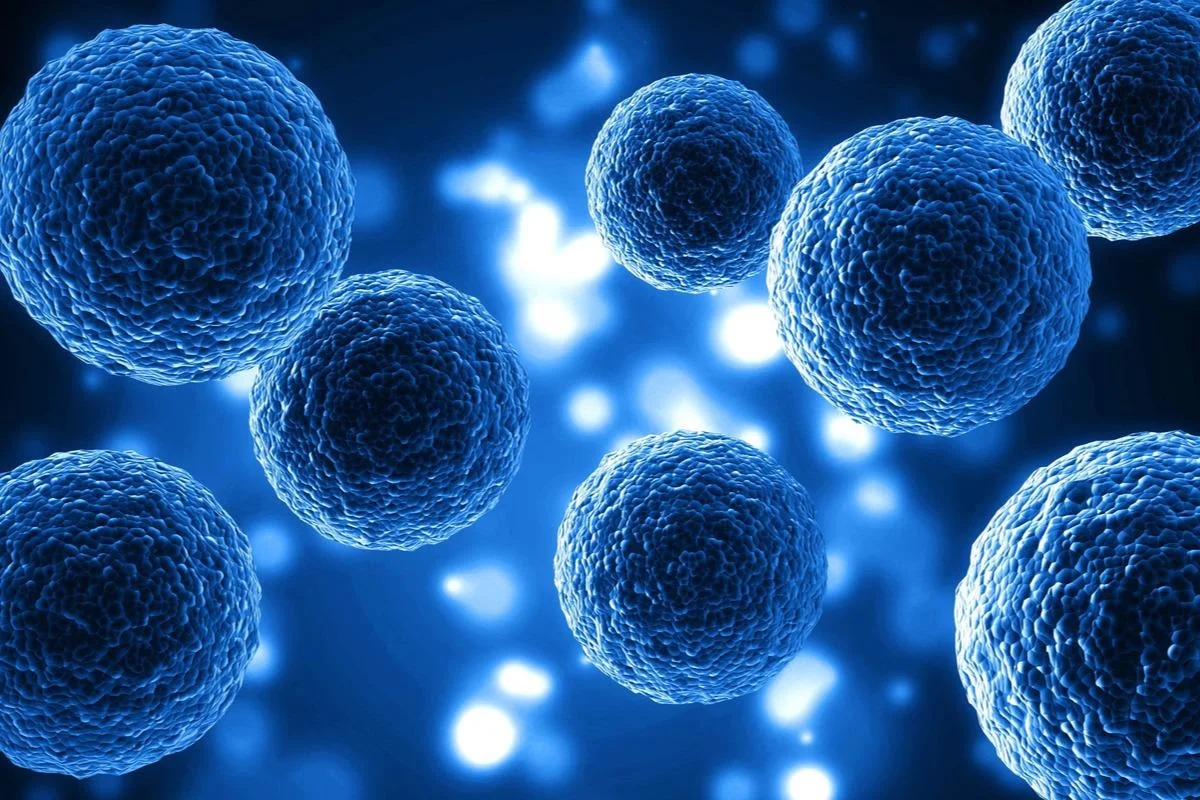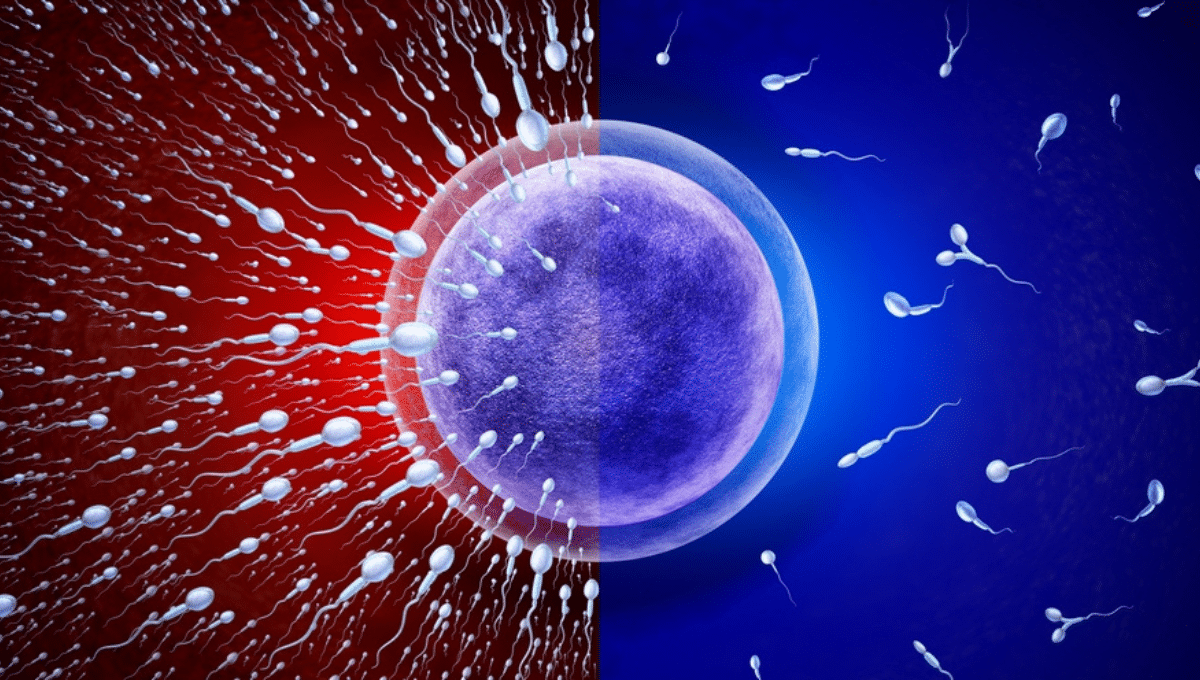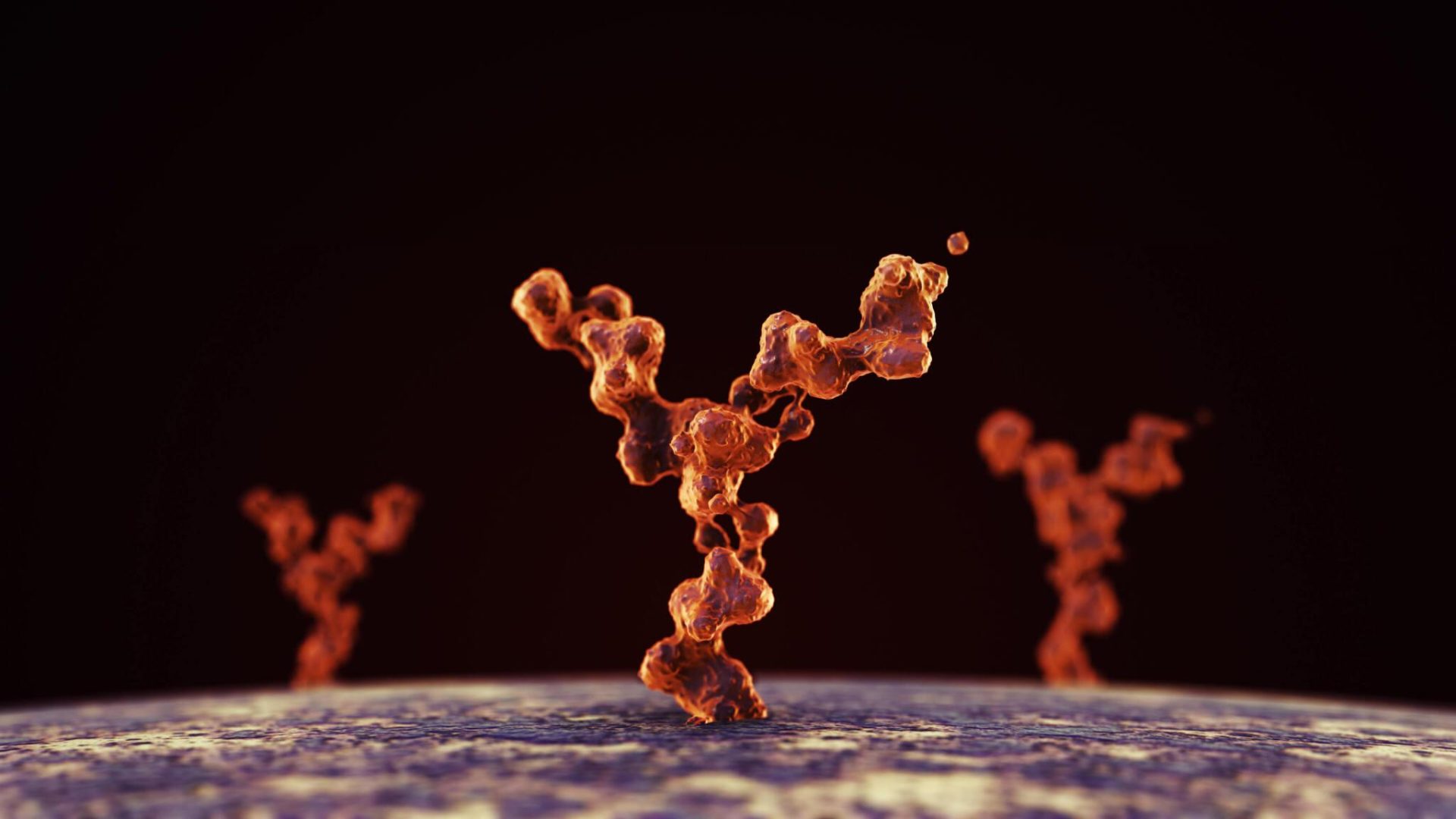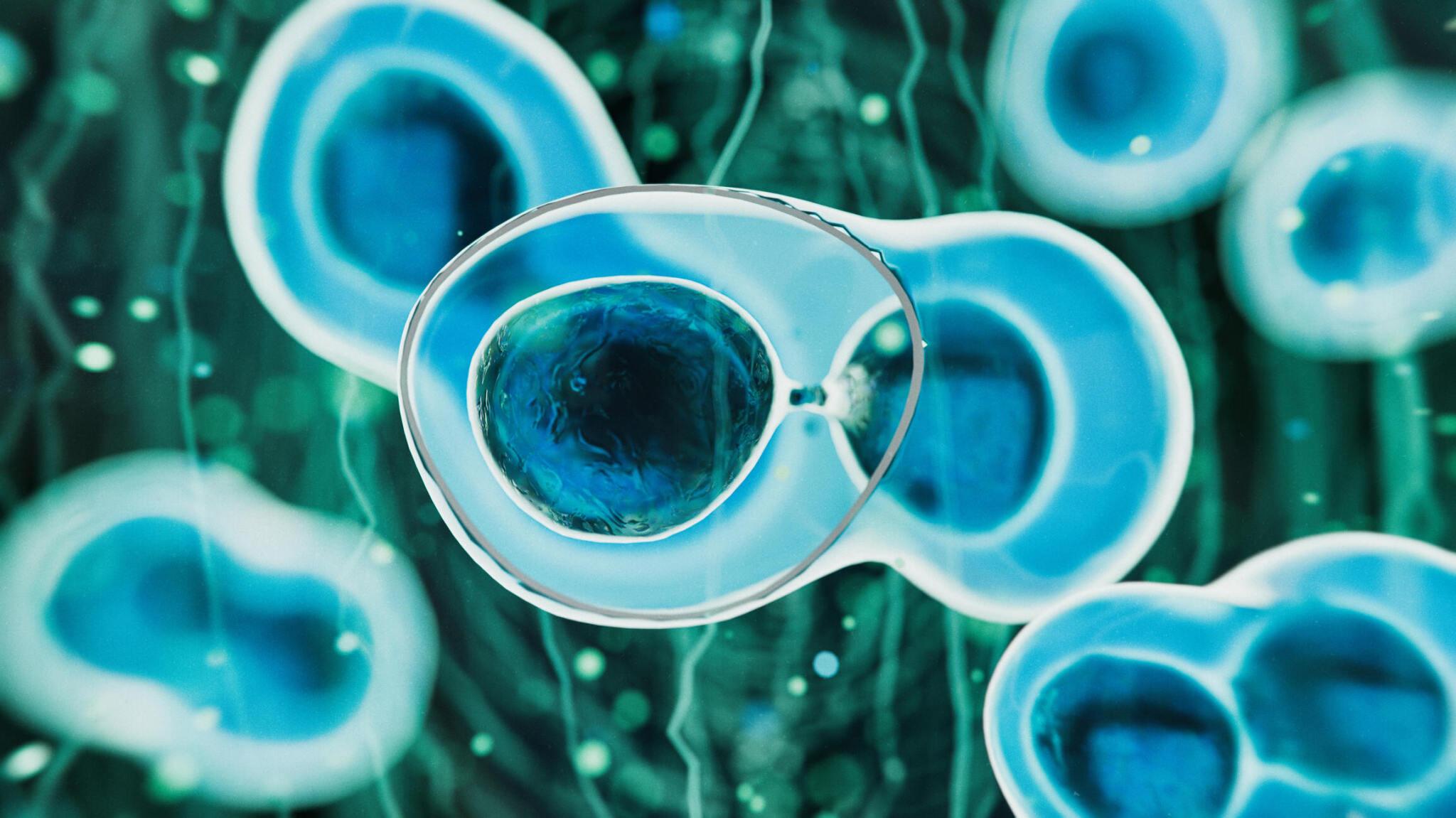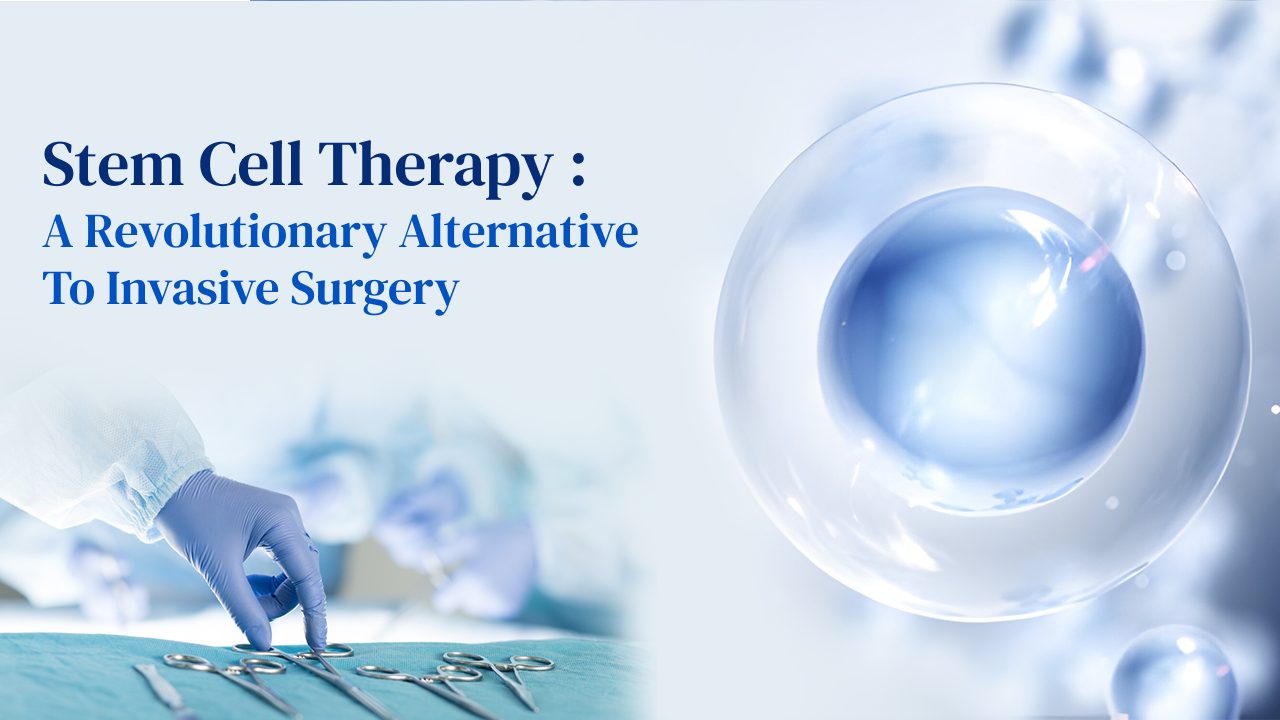- Home
- About Us
- Book Appointment
- Treatments
- Alzheimer’s Disease
- Anti-Aging
- Autism
- Autoimmune Disorders
- Back Pain
- COPD
- Crohns Disease And Ulcerative Colitis
- Erectile dysfunction and Penis enlargement
- Fibromyalgia
- Hip Pain
- Knee Pain
- Lupus
- Lyme Disease
- Multiple Sclerosis
- Muscular dystrophy
- Parkinsons Disease
- Peripheral And Diabetic Neuropathy
- Post Cancer Treatments
- Post Stroke Recovery
- Psoriasis
- Rheumatoid Arthritis
- Shoulder Pain
- Join The Club
- Aesthetics
- Blog
- Contact Us
In the last few decades, there has been a lot of research on stem cell therapy to understand its potential in treating heart diseases. Significant strides are being continually pursued in regenerative medicine to find potential cures for heart failure and cardiac diseases. In the quest for a safe and effective treatment solution for cardiac regeneration, stem cell therapy is viable. Its therapeutic effects reduce the occurrence of adverse cardiovascular events such as heart attacks and improve heart function.
This article focuses on the promising potential of stem cell therapy for treating heart diseases, how it regenerates cardiac muscles, and its role in combating heart diseases.
Overview of Heart Diseases
Heart diseases, also known as cardiac disorders, are a range of conditions impacting the functioning of the heart. As per the World Heart Federation Report 2023, more than half a billion people worldwide suffer from heart failure or diseases such as cardiomyopathy and coronary artery disease. Myocardial infarction or heart attack is caused when the heart is unable to pump blood, causing a lack of oxygen and nutrient supply into the heart cells. Over time, inflammation builds up in the heart and leads to life-threatening and untreatable states.
Your body needs oxygen-rich blood for its organs and tissues to function correctly. It is the heart that pumps blood 24 hours a day. If the heart stops pumping or beating, a person can survive for only a few minutes. The lack of supply of oxygen and nutrients will destroy the functioning of organs, resulting in death or severe impairment. Hence, every single person must maintain good heart health. One should take immediate medical attention and preventive measures in cases of cardiac disease or instances of heart attack.
What Are the Causes and Symptoms of Cardiac Disorders?
Many factors can affect your heart health; Coronary Artery Disease (CAD) is the most common. CAD occurs when the coronary arteries cannot supply blood, oxygen, and nutrients to the heart. In most cases, cholesterol deposits or plaque formation are responsible for CAD. Other prominent risk factors for heart stroke or diseases are diabetes, high blood pressure (hypertension), excessive smoking, sedentary lifestyle, obesity, thyroid problems, high LDL cholesterol, unhealthy diet, congenital heart defects, arrhythmias (Irregular heartbeats), and defective heart valves.
Shortness of breath and chest pain are two common symptoms that most patients of heart disease go through. Extra fluid supply to the lungs is a reason for breathlessness and chest discomfort. The significant symptoms noticeable in heart patients are noted below:
- Shortness of breath
- Chest pain
- Fluttering in the chest
- Fatigue or feeling lethargic
- Swollen legs and feet
- Lightheadedness
- Fainting
- Dizziness
- Racing heartbeat
Current Treatment Approaches
Before the introduction of stem cell therapies as a viable treatment option for cardiac diseases, most doctors suggest medications and changes in lifestyle to recover from heart diseases. Moreover, the treatment approach also depends on the specific heart disease and its severity.
- Medications – Your healthcare professionals might prescribe various drugs to manage symptoms, such as aspirin or antiplatelet drugs to prevent blood clotting, statins for cholesterol regulation, and beta blockers to lower blood pressure.
- Lifestyle changes – Regular exercising and altering everyday diet with (less oily food and red meat intake) lowers the risk of developing heart diseases and enhances heart health.
- Interventions – Stenting and angioplasty are interventional procedures to open blocked or narrowed arteries and restore blood flow.
- Surgery – When a heart attack or disease is severe, surgery might be the only option to restore heart function. Heart transplantation and coronary artery bypass surgery are two common surgeries in such cases.
Role of Stem Cell Therapy in Cardiac Regeneration
Although stem cells can’t cure heart attack or disease, they can improve your heart condition and prevent such adverse events. Stem cells can rejuvenate and repair diseased heart muscle cells and enhance the flow of blood heart pumps throughout the body. The anti-inflammatory agents of stem cells reduce inflammation of cardiac tissues, potentially improving the functioning of the heart.
Clinical trials on nearly 80 patients suffering from ischemic heart disease suggest that delivery of mesenchymal stem cells into the damaged cardiac cells has significantly enhanced left ventricular ejection fraction (LVEF). It further caused a shrink in the size of dead or infarcted heart tissues. LVEF is a prime measure of heart function; hence, its improvement implies lower risks of adverse cardiovascular events such as heart failure.
Several studies by renowned scientists demonstrate the safety and efficacy of using Wharton Jelly’s mesenchymal stem cells (WJ-MSCs) to treat heart diseases. These cells are collected from the connective tissues that surround the umbilical cord. These new fresh cells have high proliferative capabilities and can differentiate into any cell type. That’s why WJ-MSCs are most preferred by stem cell specialists because these can quickly form human cardiomyocytes or heart muscle cells and multiply simultaneously, aiding in patients’ recovery and healing process.
Besides its high differential potential, mesenchymal stem cells have several other therapeutic advantages. They help in cardiac regeneration after differentiation. Introducing stem cells into the human body sends signals to the surrounding cells and triggers growth factors such as extracellular matrix proteins. This integration with the local environment contributes to cardiac tissue repair, regeneration, and new cell growth. Consequently, new blood vessels and coronary arteries are formed to restore and improve heart function due to enhanced blood flow to the heart muscles.
Stem cell therapy for post-stroke recovery is a minimally invasive procedure and can be completed within a couple of days. WJ-MSCs have almost zero risk of cell rejection or immune response, making them the most attractive treatment option compared to other stem cell sources (bone marrow, adipose tissues).
Why Life Altering Stem Cell Therapy Institute Is the Right Treatment Center for You
Life Altering Stem Cell Therapy Institute uses mesenchymal stem cells collected from human umbilical cord tissues following healthy and normal births. Collection is accessible, and supply is abundant, reducing dependence on other sources. It also eliminates the unpleasant and uncomfortable experience of collecting stem cells from a patient’s body, such as bone marrow or adipose tissue.
The doctors, nurses, and medical coordinators are highly experienced and trained to provide our patients with top-notch stem cell treatments. We administer stem cells via intravenous infusions, which travel throughout the bloodstream to reach the heart cells to begin the restoration and renewal process.
We maintain strict safety protocols and approve patients whose physical conditions are deemed fit for the treatment. Being Mexico’s best regenerative center, we ensure our patients have the best stem cell therapy experience, free from worries and discomfort. Located at the heart of Mazatlan in Mexico, Life Altering Stem Cell Therapy Institute is setting new benchmarks in medical tourism with its state-of-the-art facility and proven stem cell treatments.
Conclusion
“Can stem cells cure heart disease?” is one of the most searched questions on the Internet, and we hope this article successfully provided an appropriate explanation. There is no definitive cure for heart diseases, particularly heart attack. However, clinical research and numerous trials on humans and animals offer enough evidence advocating the efficacy of stem cell therapy in restoring heart function and improving heart health. Stem cells support cardiac tissue repair and regeneration, making it a promising and safer alternative to traditional treatments for cardiovascular diseases.
Are you curious whether you are the right candidate for stem cell treatment? Please schedule a consultation with our highly qualified stem cell expert or fill out our patient screening application form to find out your eligibility for receiving stem cells.
